Hydration is essential to all aspects of health and well-being, including skin health.
However, having hydrated skin means more than using moisturizers, body oils, or ultra-hydrating body wash. How much water you drink in a day counts!
In this article, we share the science and principles behind the skin and overall health benefits of drinking water, plus tips on how to get more ounces in your daily routine.
Why Drinking Enough Water Matters to Every Aspect of Health
You can live around 3 weeks without food but only 3 days without water.
This biological fact tells us that, next to the air we breathe, water is our most important resource for survival and optimal health.
Dehydration from not drinking enough water, even if it’s mild, can cause various negative impacts on health, including:
- Cognitive issues
- Muscle cramps
- Sleeplessness
- Increased appetite
- Cardiovascular health
- Changes in mood
- Lowered immunity
- Poor kidney function
- Poor digestive function and elimination
- Headaches
- Dry skin
How Dehydration Impacts Skin Health
The relationship between water consumption and skin health has not been extensively researched.
However, several studies have demonstrated a relationship between water intake and skin health.
Simply put, since every cell in our bodies relies on water to function, a lack of water can cause cells to shrivel or shrink.
For skin cells, this can result in suboptimal hydration levels, which may lead to feelings of tightness, dryness, dehydration, or even signs of premature aging.
This is why dermatologists and other skin care experts highly recommend drinking enough water as part of a healthy skincare routine.
How Much Water Should You Drink For Skin and Overall Health?
The general consensus is to aim for at least eight 8-oz glasses of water per day, and more if you exercise or are exposed to extreme heat or cold.
People living in dryer climates or very hot or cold climates may also benefit from increasing water intake beyond eight glasses.
Water-rich fruits and vegetables, such as cucumbers, melons, apples, celery, peaches, pears, and grapes, can also help increase hydration levels.
10 Skin & Health Benefits of Drinking Water
Drinking enough water has numerous benefits, from heart health and weight management to healthier skin and digestion.
Here, we explore ten skin and overall health benefits of drinking more water.
Benefit 1: Drinking Water Can Help Increase And Maintain Skin Hydration
When we experience dry skin, the first line of defense is typically to apply more moisturizer.
Although moisturizing is essential for soothing dry skin, sealing in moisture, and protecting skin barrier function, it can feel like a band-aid approach, especially if you have very dry skin.
Since dry skin can be caused by various factors, including dry air and heat, sun exposure, drying skincare ingredients, skin or other health conditions, chemicals in water, like chlorine, and dehydration, many experts recommend a multifaceted approach that includes:
- Moisturizing: With creams, lotions, or oil to replace moisture loss from environmental factors and protect skin barrier function
- Increasing water consumption: To hydrate skin cells and enhance dermal moisture levels
- Increasing consumption of healthy dietary fats: Healthy fats like omega-3s found in fish oil, walnuts, and flaxseeds, for example, help promote a normal inflammatory response and may help increase skin hydration from the inside out
If applying more moisturizer isn’t enough, research suggests increasing your water intake (and trying a different moisturizer!) may help.
Benefit 2: Drinking Enough Water Is Good For Your Brain
Ever experienced mid-day brain fog? Research suggests mild dehydration may be a contributing factor.
For example, one study showed just 2% dehydration impaired performance in tasks requiring attention, psychomotor, and immediate memory skills.
The authors explain: “No matter how mild, dehydration is not a desirable condition because there is an imbalance in the homeostatic function of the internal environment. This can adversely affect cognitive performance, not only in groups more vulnerable to dehydration, such as children and the elderly but also in young adults.”
The fix? Be sure to keep a bottle of water at your desk to prevent afternoon cognitive dips and check out our Gut Connection Cognitive Balance formula with prebiotics, methylated B-vitamins, and herbs which support the gut-brain axis.
Benefit 3: Drinking Enough Water Promotes Healthy Kidney Function
Did you know the skin is often referred to as the third kidney?
As the body’s largest organ, the skin does an incredible job of keeping poisons and toxins out of our more delicate organs, just like the kidneys.
The kidneys also rely on optimal water intake to function properly, including filtering over 150 quarts of blood per day!
It is well documented that suboptimal kidney function can lead to skin issues, such as dryness and cracking.
Drinking enough water can also help prevent kidney stones.
By drinking enough water, we help ensure our kidneys have the fuel they need to keep our bodies clean and our skin healthy.
Benefit 4: Drinking Water Helps Regulate Blood Pressure
Getting enough water is critical to maintaining optimal blood volume and consistency.
Too little water can cause blood to become thick, resulting in blood pressure issues.
Therefore, increasing water consumption could help support blood pressure and overall cardiovascular health.
Benefit 5: Drinking Water May Help With Breakouts
Plenty of people swear by the benefits of drinking water to help control breakouts, but is this true?
Advocates suggest increasing water consumption may help clear up skin by facilitating the dilution and excretion of various toxins via the lymphatic system, kidneys, colon, and urinary system.
Although this stands to reason beyond anecdotal accounts, there is limited evidence to support this theory.
However, water acts as a cleansing agent within the body, thereby supporting various detoxification pathways, including the kidneys, lymphatic system, and digestive system.
As you’ve just learned, drinking water also helps maintain skin hydration. Dehydrated skin can also lead to the overproduction of sebum, resulting in blemishes and oiliness.
Therefore, drinking enough water could have beneficial effects on skin clarity, but more research is needed.
Given the indisputable health benefits of staying hydrated, there’s certainly no harm in trying!
Benefit 6: Drinking Water May Help With Headaches
Research has shown that dehydration, even mild forms, can cause, trigger, or exacerbate headaches.
For this reason, doctors often recommend increasing water intake for those prone to headaches or migraines.
Benefit 7: Drinking Water May Help Reduce Signs Of Aging
Water’s effects on skin hydration may make a difference in the signs and appearance of aging.
Dehydrated skin tends to retract and become tight and dry, which can increase the appearance of fine lines, age spots, and wrinkles.
In contrast, well-hydrated skin tends to be plumper, more vibrant, and more elastic, which can help reduce or minimize the signs of aging.
No, increasing your water consumption will not turn back the clock or erase wrinkles or sun damage.
However, like a high-quality moisturizer or facial pack, enhancing skin hydration from the inside out may help create the appearance of more youthful and healthier skin.
Benefit 8: Staying Hydrated Helps Improve Energy and Performance
Energy drinks may be popular for increasing energy and exercise performance, but these drinks often contain caffeine, which is a diuretic and, therefore, dehydrating.
The simpler solution is to drink enough water, especially during and after exercise.
Proper hydration naturally improves energy levels and helps your muscles work better and recover faster.
Plan on drinking as much as you need to quench your thirst, and be extra mindful when exercising in the heat or taking a sauna or steam afterward.
Related reading: 25+ Natural Energy Boosters: Caffeine & Coffee Alternatives
Benefit 9: Drinking Water May Help With Appetite & Weight Management
Did you know hunger pangs can be mistaken for your body’s cries for water?
It’s true. Plus, drinking enough water—at least eight glasses a day—and consuming more water-rich, low-calorie foods is highly recommended for supporting weight loss and healthy weight management.
So, the next time you’re hungry an hour after lunch, try drinking a big glass of water or sipping on herbal tea before reaching for another snack.
Benefit 10: Drinking Enough Water Helps Improve Nutrient Absorption, Which Benefits Skin & Health
All vitamins and minerals—including skin-supportive nutrients like B vitamins, zinc, and vitamin C—require water to transport, assimilate, and excrete excess nutrients.
Some nutrients are also water-soluble, meaning any excesses are filtered through the kidneys and excreted by urine.
Cells, too, rely on adequate water for normal function, including the uptake and transportation of nutrients. We already discussed water's digestive health benefits, and strong digestion is essential for nutrient assimilation and absorption.
The bottom line is that while water may not be considered a nutritive food, it has a symbiotic relationship with food and nutrients that should not be ignored.
Tips On How To Drink Enough Water Every Day
If you’re not used to drinking eight glasses of water daily, the prospect can be daunting, but don’t worry—this practice is one anyone can master.
Firstly, start slow, especially if you’ve been drinking only one or two glasses daily.
While it can’t hurt you to increase to eight glasses immediately, you’ll likely be running to the bathroom all day and night, which can quickly lead to discouragement.
Instead, try increasing your water consumption by one glass at a time over several days or weeks.
Know that it is normal to urinate more frequently, especially in the beginning, as your body gets used to the increase in fluids.
As water runs off of a drought-stricken landscape, the same thing happens within the body if you suddenly start gulping gallons of water.
However, if you increase slowly and steadily, your body will quickly adapt and absorb more water, which means fewer trips to the bathroom.
Here are some other tips to help get your eight glasses of water a day:
- Keep a covered glass of water next to your bed at night and drink it first thing in the morning.
- Measure out your water for the day in water bottles or pitchers so you can track how much you’re drinking.
- Use quart-size mason jars with lids as glasses. One quart equals 3 cups of water, so all you have to drink is 2 ½ jars a day. Easy.
- If plain water isn’t appealing, consider adding sliced lemons, limes, fruits, and herbs to make it more interesting.
- Reduce or eliminate non-water beverages, like soda or juice, that might lure you away from getting your eight glasses.
- Mix it up by adding a serving or two of sparkling water to your daily routine.
- Enlist a water buddy to hold yourself accountable.
- Track your water using a water or health and fitness app.
- Set reminders in your phone every half hour.
- Know that herbal teas count toward your daily intake! So try adding a cup or two to your daily routine. Herbs that help with skin health include:
- Dandelion
- Tulsi
- Calendula
- Chamomile
- Lavender
- If you’re weaning off soda, try making a healthy lemon or lime aid by adding freshly squeezed lemons or limes to still or sparkling water with a few drops of stevia or raw honey.
- Exercise! There’s nothing like working up a sweat to bring on the thirst.
- If you drink alcohol (which is dehydrating), have an extra glass of water for every drink
- If you don’t enjoy the taste of water, consider investing in a water filter. Municipal water can vary greatly in flavor, with some tasting more like chemical residue than a refreshing beverage. A high-quality water filter can fix this and help reduce your exposure to other potentially harmful toxins. Plus, it pays for itself quickly versus buying bottled or spring water.
- Mix a bit of pure unsweetened cranberry juice in a big bottle of water for a tart and tasty hydrating beverage.
- Look for all-natural water flavor packets made without artificial sweeteners, colors, or flavors to add to your water bottles.
Finally, remember to start slow and gradually work your way up to about eight glasses of water per day.
Uplevel Your Nutrition With Country Life
Increasing water intake is foundational to good health, and so is optimizing nutrition.
Since 1971, Country Life has been on the forefront of producing clean, evidence-based nutritional supplements to support a healthy lifestyle.
Our extensive product line includes vitamins, multivitamins, antioxidants, digestive enzymes & probiotics, hair, skin, & nail formulas, and specialty supplements like clean whey and vegan protein powders through our sister company, Biochem.
All Country Life supplements are rigorously tested, from raw ingredients to finished product, to ensure purity, integrity, and potency in our NSF-GMP-compliant Certified Gluten-Free and Certified Organic manufacturing facilities.
Click here to shop all of Country Life’s supplements to support vibrant health and well-being.
Sources Mentioned In This Article:
- “Water, Hydration and Health”. Nutrition Reviews,
- “Mild dehydration affects mood in healthy young women”. J Nutr.
- “Mild dehydration impairs cognitive performance and mood of men”. Br J Nutr.
- “Adult Dehydration. [Updated 2022 Oct 3]”. In: StatPearls [Internet]. Treasure Island (FL): StatPearls Publishing; 2025 Jan-.
- “Your Kidneys & How They Work”. National Institute of Diabetes, Kidneys, and Digestive Diseases
- “Dehydration and Headache. Current Pain and Headache Reports,” 25(8), 56.
- “Adult Dehydration”. [Updated 2022 Oct 3]. In: StatPearls [Internet]. Treasure Island (FL): StatPearls Publishing; 2025 Jan-.
- “Impact of mild dehydration on wellness and on exercise performance”. Eur J Clin Nutr.
- “Dietary water affects human skin hydration and biomechanics”. Clin Cosmet Investig Dermatol.
- “Positive impact of dietary water on in vivo epidermal water physiology”. Skin Res Technol.
- “Relationship between the dietary intake of water and skin hydration Relação entre a ingestão dietária de água e a hidratação cutânea.” (2012).


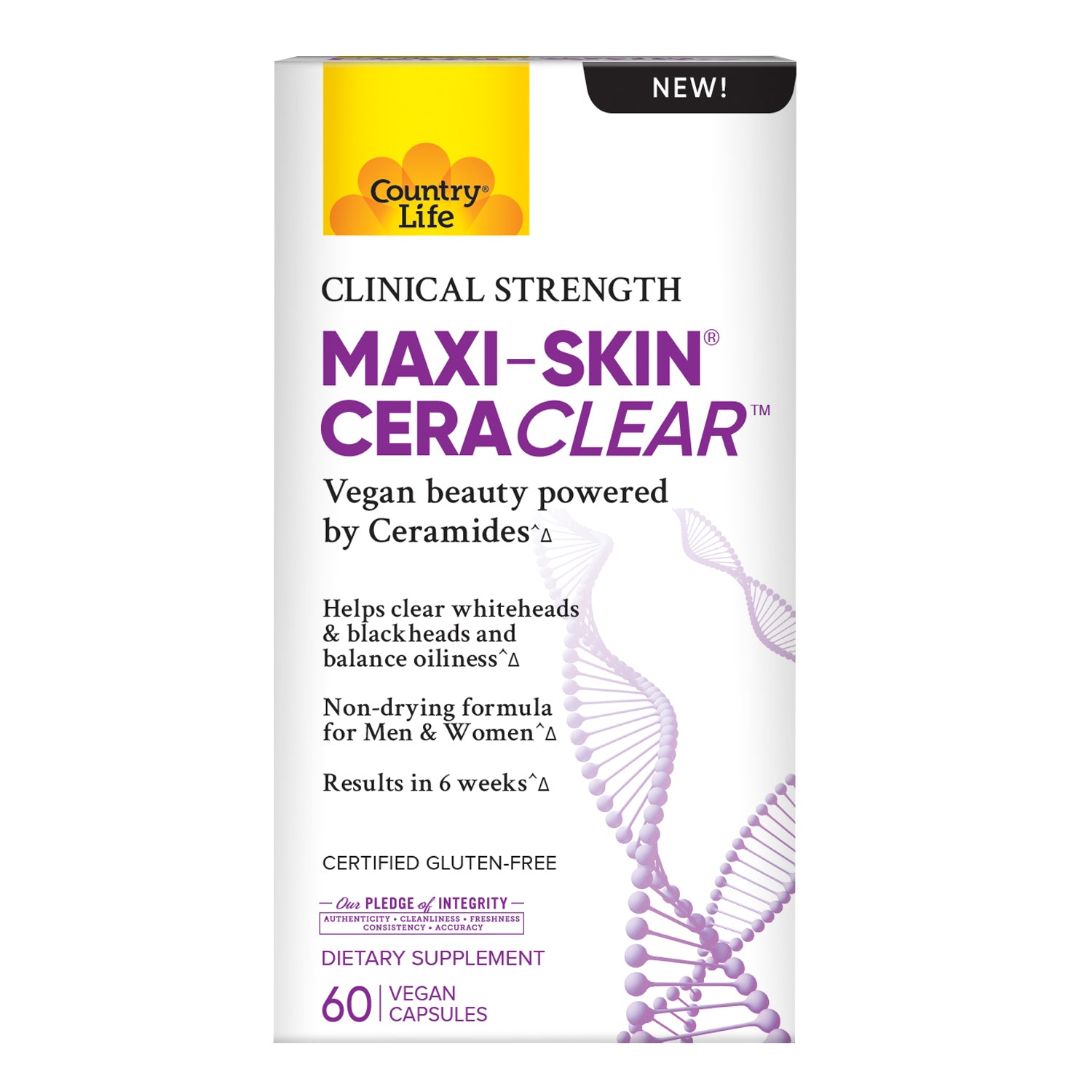
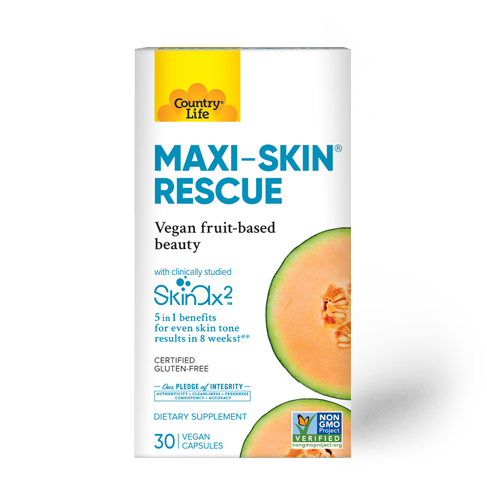
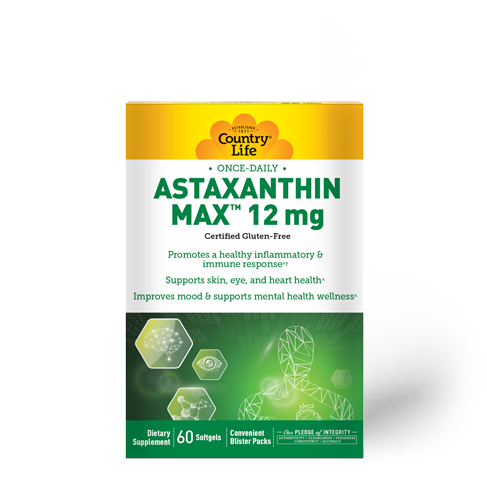
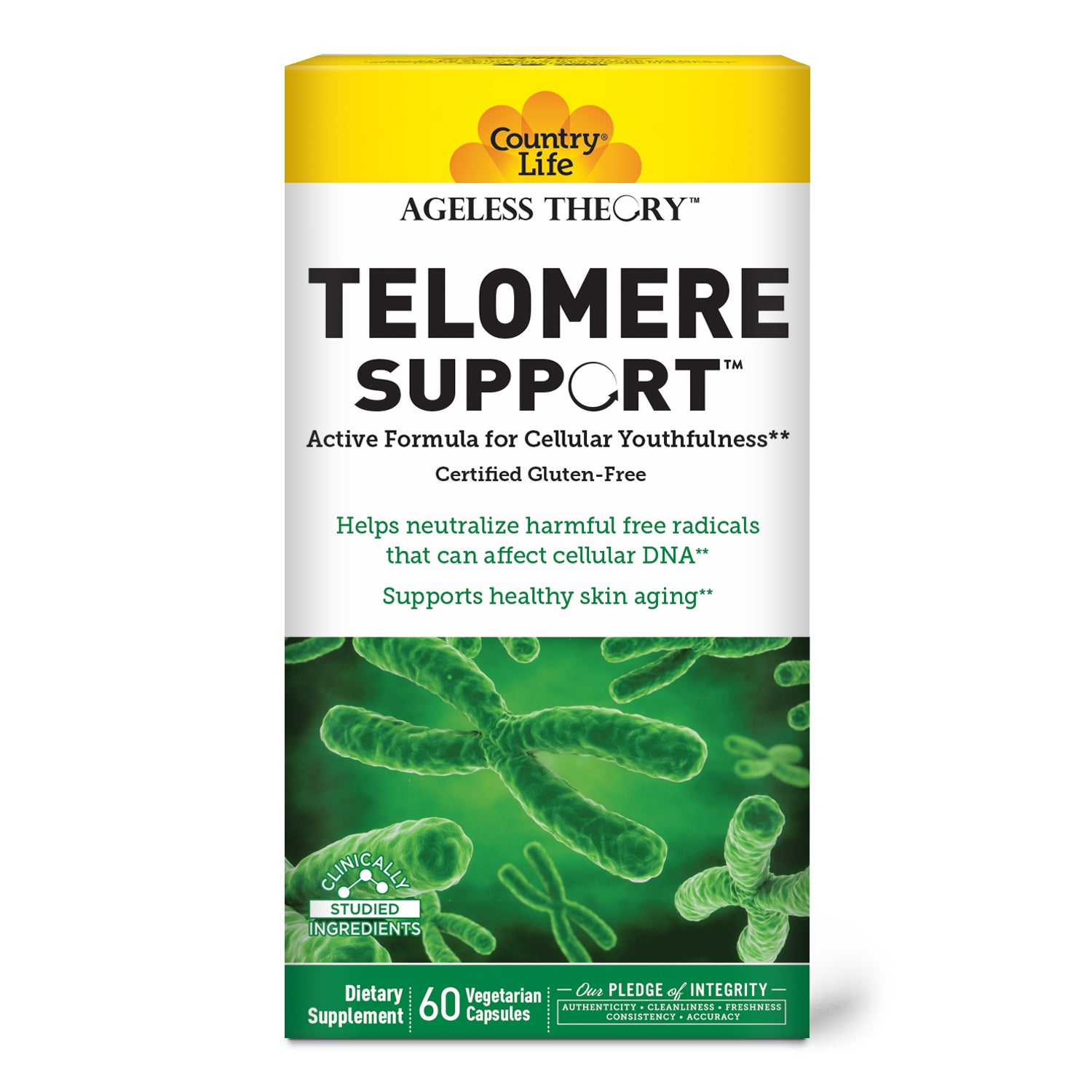
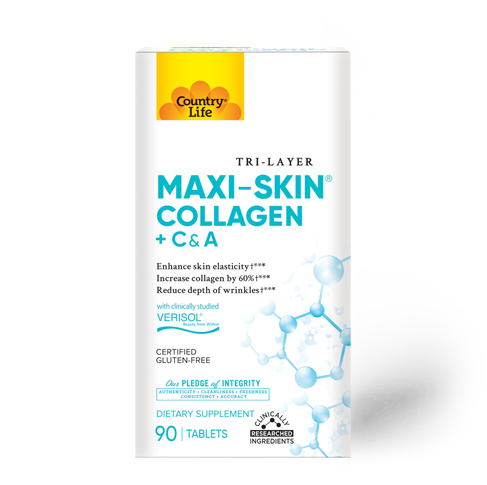
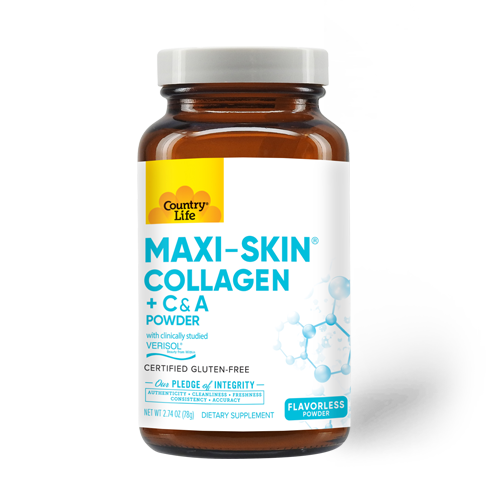
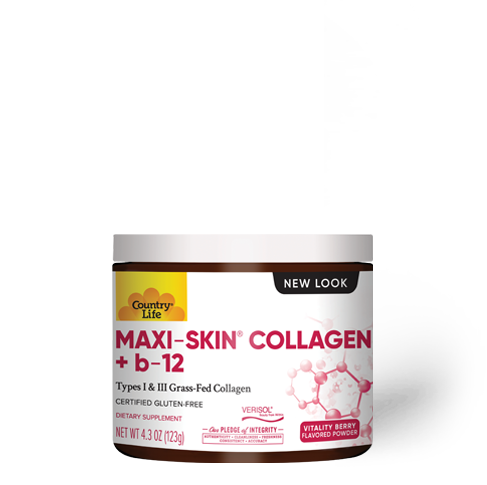
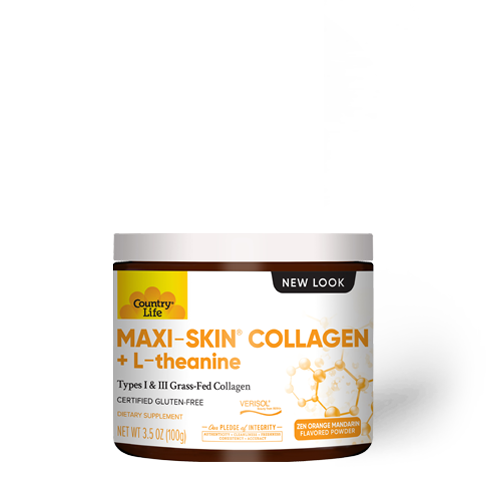
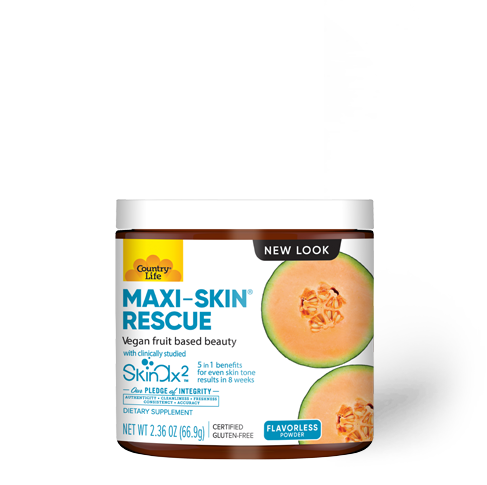










Share:
10 Foods Highest In Biotin + Biotin Vitamin Benefits
Do Vitamins Expire?